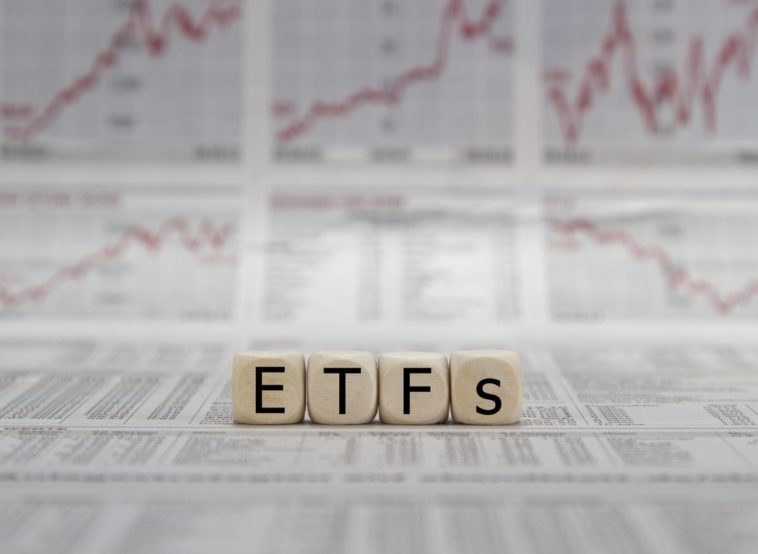Rob Carrick: Consider this alternative to dividend ETFs – it certainly worked better in 2020
/cloudfront-us-east-1.images.arcpublishing.com/tgam/QQ52Y4RQCBCGPMP5ZQIEN2QXQA.jpg)
Dividend investing has so far weathered the disruptions of the pandemic in good shape.
Quite a few companies cut or suspended dividends as economic activity declined last year in the fight against the pandemic. But the big blue-chips that dividend investors gravitate toward mostly held up well.
Where dividend investing looks weak is in exchange-traded funds focusing on dividend stocks. These funds have been blown away by broad market ETFs that track the S&P/TSX Composite Index or similar. This isn’t an indictment of dividend investing or dividend ETFs, but rather a reality check for anyone who believes in the inherent superiority of dividend investing. If you’re after a total return based on both dividends and share-price gains, a broad market ETF may work better than a dividend ETF.
Here are a few ETF pairings to make this point:
- BMO Canadian Dividend ETF (ZDV) lost 3.3 per cent last year on a total return basis, made an annualized 1.9 per cent for the three years to Dec. 31 and 7.2 per cent for the five years to Dec. 31.
- BMO S&P/TSX Capped Composite Index ETF (ZCN) made 5.8 per cent for the year to Dec. 31, 5.8 per cent annualized for the three years and 9.3 per cent for the five years.
- iShares Canadian Select Dividend Index ETF (XDV) lost 0.5 per cent last year and posted annualized gains of 1.8 per cent and 7.7 per cent for the three- and five-year periods, respectively, to Dec. 31.
- iShares Core S&P/TSX Capped Composite Index ETF (XIC) made 5.6 per cent last year and gained 5.8 per cent and 9.3 per cent for the three- and five-year periods.
- Vanguard FTSE Canadian High Dividend Yield Index ETF (VDY) lost 1.1 per cent last year and made 2.6 per cent and 8.2 per cent for the three- and five-year periods.
- Vanguard FTSE Canada All Cap Index ETF (VCN) made 4.9 per cent last year and gained 5.2 per cent and 8.9 per cent over the past three- and five-year periods.
There’s been a speculative growth orientation to the stock market since the post-crash rally began last April. Some dividend stocks have done well, but a diversified portfolio of stocks limited to those paying dividends has underperformed the broader market in a rather dramatic way. Therein lies opportunity for income investors.
Dividend yields and share prices move in opposite directions, which means the yields on dividend ETFs looked attractive in early 2021. Globeinvestor.com listed the yield for ZDV and XDV at 4.6 per cent and VDY at 4.4 per cent, which compares with 0.5 per cent for a five-year Government of Canada bond and 1.5 to 1.9 per cent from guaranteed investment certificates issued by alternative banks and credit unions.
Dividend ETFs haven’t impressed in the past five years, but they’re looking good right now for income-seekers.
Be smart with your money. Get the latest investing insights delivered right to your inbox three times a week, with the Globe Investor newsletter. Sign up today.
Published at Tue, 19 Jan 2021 15:56:29 +0000






Comments
Loading…